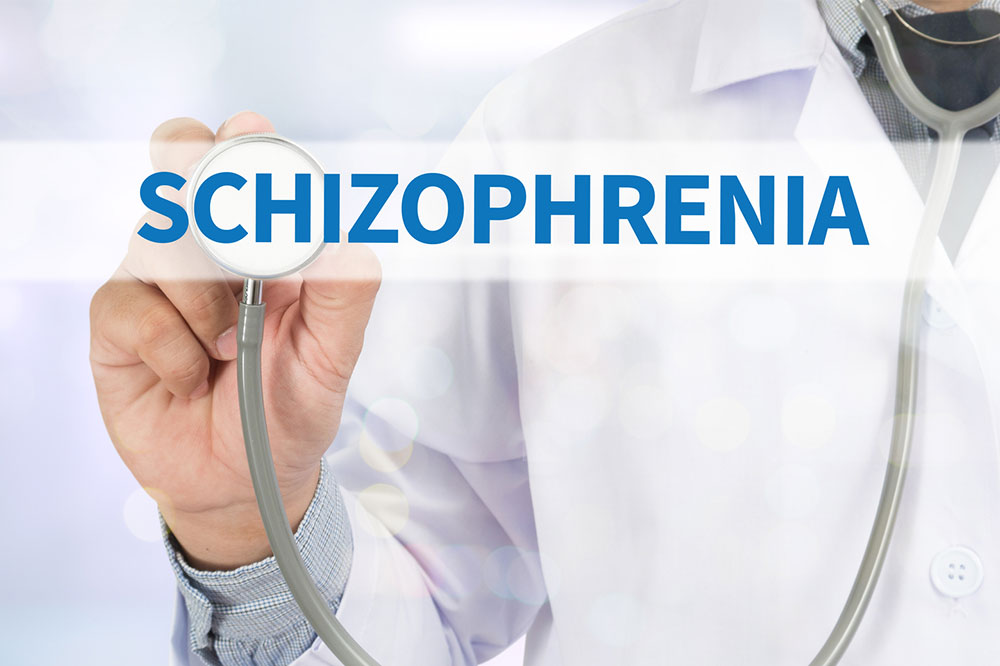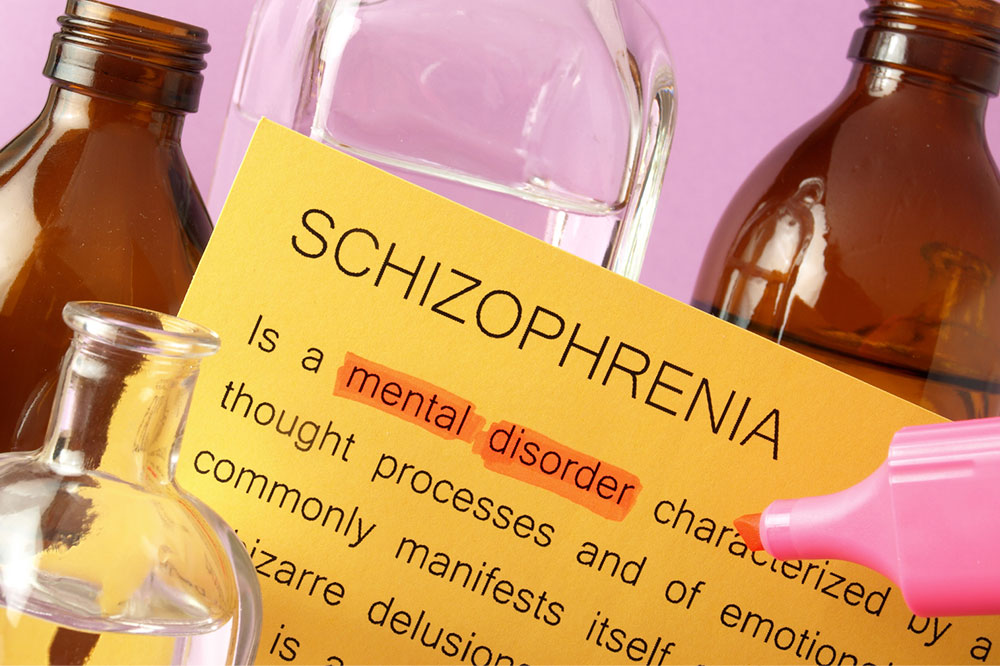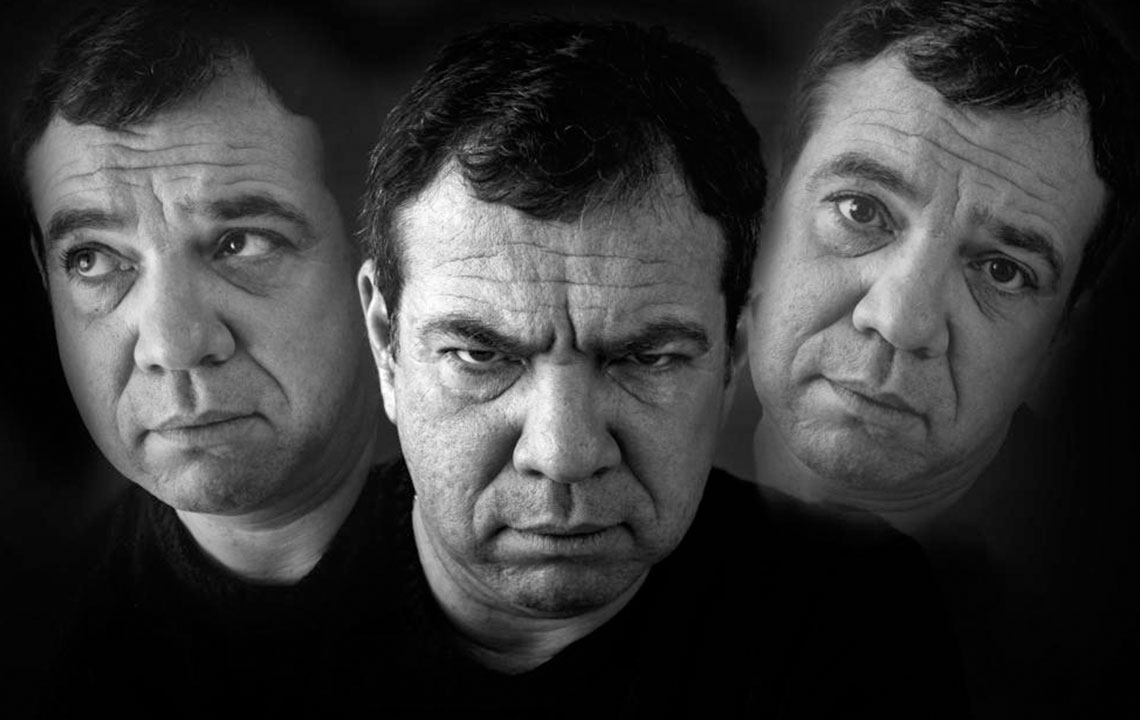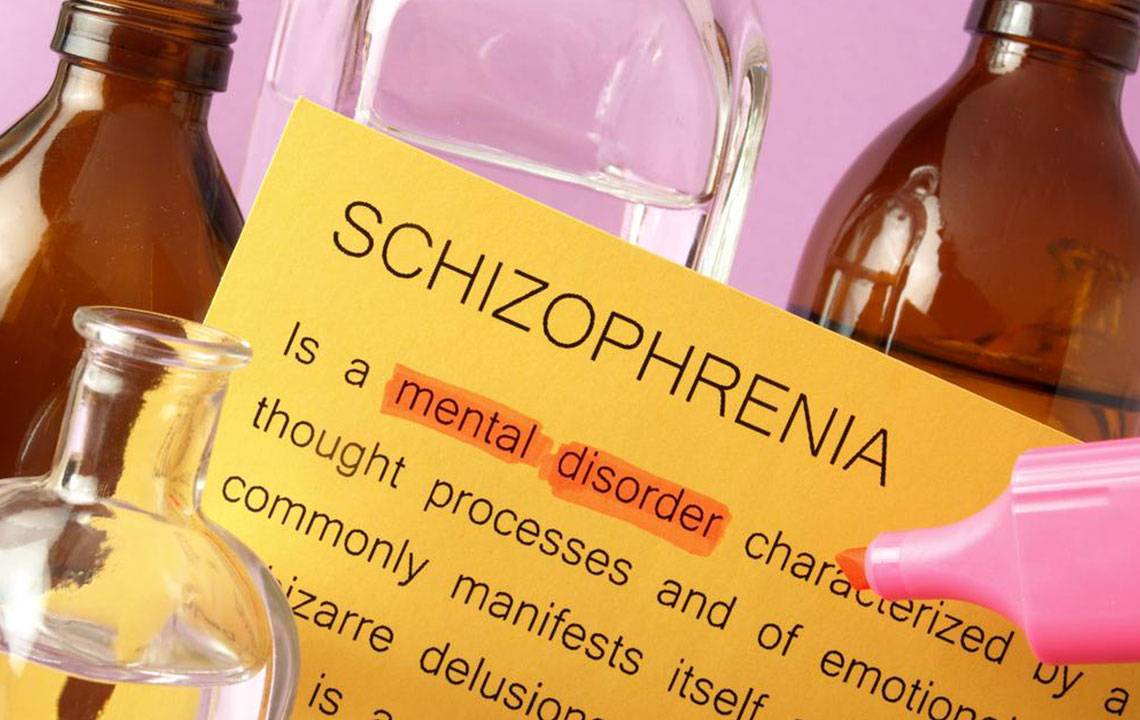Understanding Schizophrenia: Causes, Symptoms, and Treatment Options
Schizophrenia is a serious mental health disorder affecting about 1% of people worldwide. It manifests through symptoms like delusions, hallucinations, disorganized speech, and social withdrawal. While incurable, it can be managed effectively with medications and therapies, improving patient outcomes. Causes include genetic factors, brain structure anomalies, and environmental influences. Early diagnosis and comprehensive treatment are essential for a better quality of life. Advances like deep brain stimulation are promising for severe cases, emphasizing ongoing research in this field.
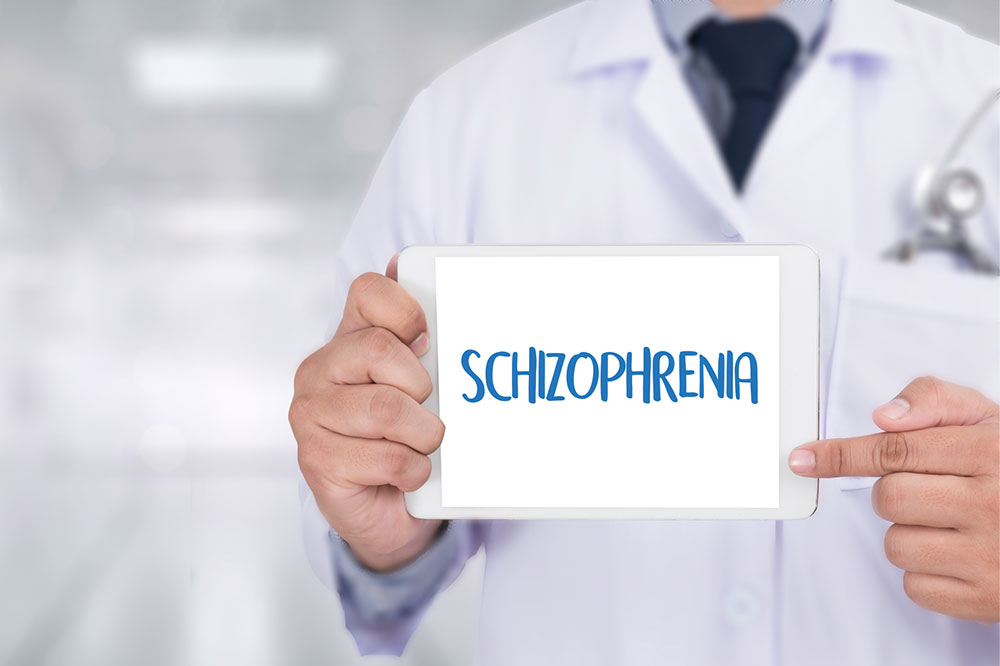
Understanding Schizophrenia: Causes, Symptoms, and Treatment Options
Schizophrenia is a complex mental health disorder that significantly affects a person's thinking, emotional responses, and perception of reality. It is characterized by symptoms such as delusions, hallucinations, and paranoia, which can lead to social withdrawal. Approximately 1% of the population is affected by this condition. While there is no cure, treatment with medication and therapy can help manage symptoms effectively. It commonly begins in late adolescence for men and in the twenties or early thirties for women.
Common signs of schizophrenia include:
Delusions: False beliefs that can severely disrupt daily life, such as feeling persecuted or believing in extraordinary powers.
Hallucinations: Sensing things that aren’t present, like hearing voices or seeing images, possibly involving smells or sensations.
Disorganized speech: Difficulties in clear communication, often with unrelated or nonsensical words or phrases.
Other symptoms include abnormal motor behavior, such as unusual movements or agitation, and negative symptoms like flat affect, reduced speech, neglect of personal hygiene, and social withdrawal. To diagnose schizophrenia, doctors conduct medical exams and psychological assessments over a period exceeding six months to rule out other conditions.
Causes are not fully understood but are believed to involve a combination of genetic, brain structure, and environmental factors. A family history increases the risk, with a 10% chance if a parent is affected. Brain abnormalities and exposure to stress, viral infections, or substance use during critical developmental periods may also contribute.
Treatment focuses on symptom reduction and relapse prevention. Medication, especially antipsychotics, is commonly prescribed. Psychosocial therapies enhance attention, problem-solving, and social skills, aiding in daily functioning. In severe cases, hospital stays, electroconvulsive therapy (ECT), or emerging options like deep brain stimulation (DBS) may be considered to improve quality of life and mental stability.

